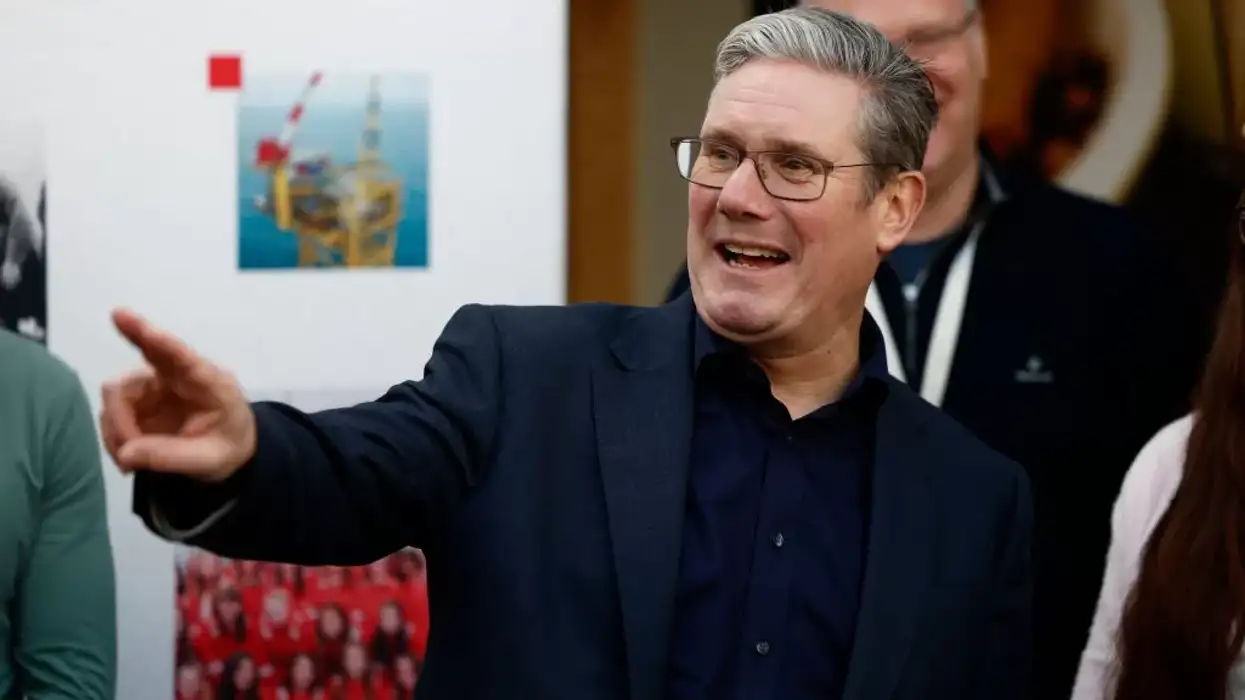A Labour government would not "turn on the spending taps" but will focus obsessively on growth because British prime minister Rishi Sunak's Tories have wrecked public finances, the party's leader Keir Starmer will say on Monday (4).
With Labour some 20 points ahead in opinion polls before an election expected next year, Starmer has been trying to win over businesses and reassure voters struggling with a cost of living crisis that his party could be trusted with the economy.
"Anyone who expects an incoming Labour government to quickly turn on the spending taps is going to be disappointed," Starmer will say in a speech at the Resolution Foundation think-tank on Monday, according to extracts released by his office.
Since replacing veteran socialist Jeremy Corbyn as leader after Labour suffered its worst election defeat since the 1930s four years ago, Starmer has sought to distance himself from his predecessor and move the party to the centre ground of British politics.
That shift has seen Labour try to shake off a spendthrift image, and bolster its economic credentials. But his remarks, a day after he praised former Tory leader Margaret Thatcher, might disappoint some traditional supporters calling for substantial spending on issues such as health and education.
"The defining purpose of the next Labour government, the mission that stands above all others, will be raising Britain’s productivity growth. A goal that for my Labour Party is now an obsession," Starmer will say.
"That’s a big change for us. Having wealth creation as our number one priority, that’s not always been the Labour party’s comfort zone."
The economy was once regarded as the Tory strong point. But in recent years, most notably after former prime minister Liz Truss's uncosted spending plans caused market chaos last year, polls suggest voters now trust Starmer's party more.
In his speech, Starmer will say high inflation, debt and taxes caused by the government would constrain a Labour administration, saying it would have to approach "public finances and spending decisions like it’s their money".
(Reuters)





